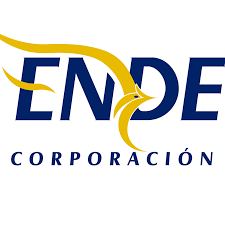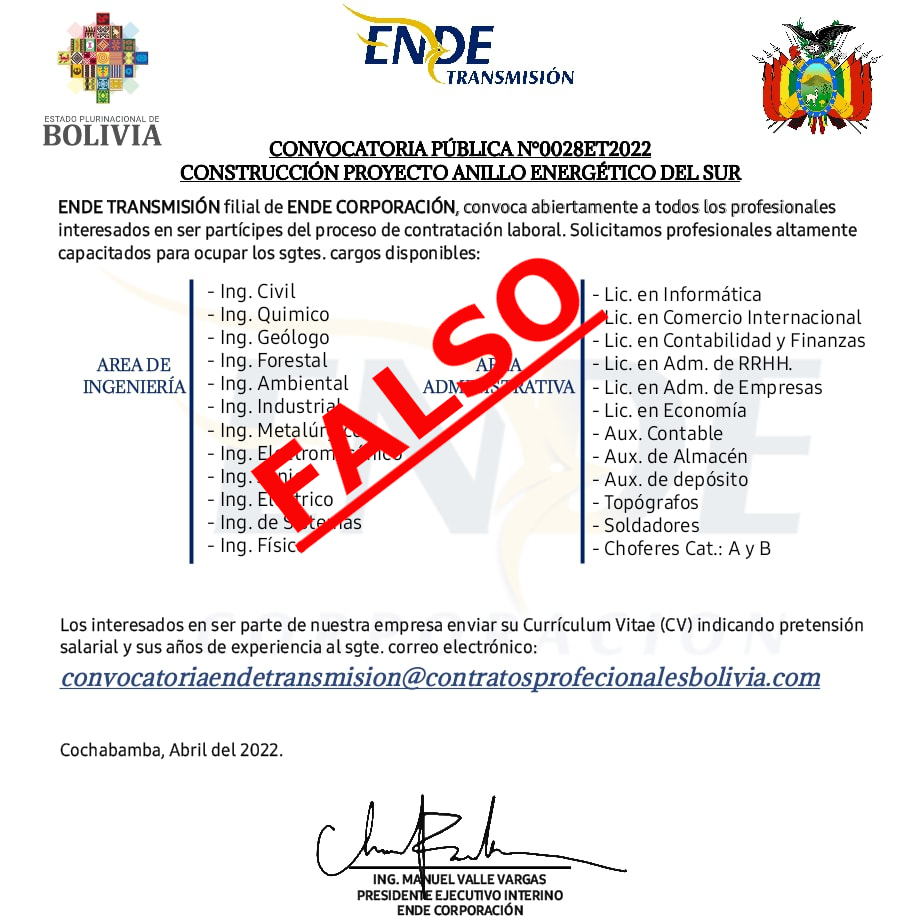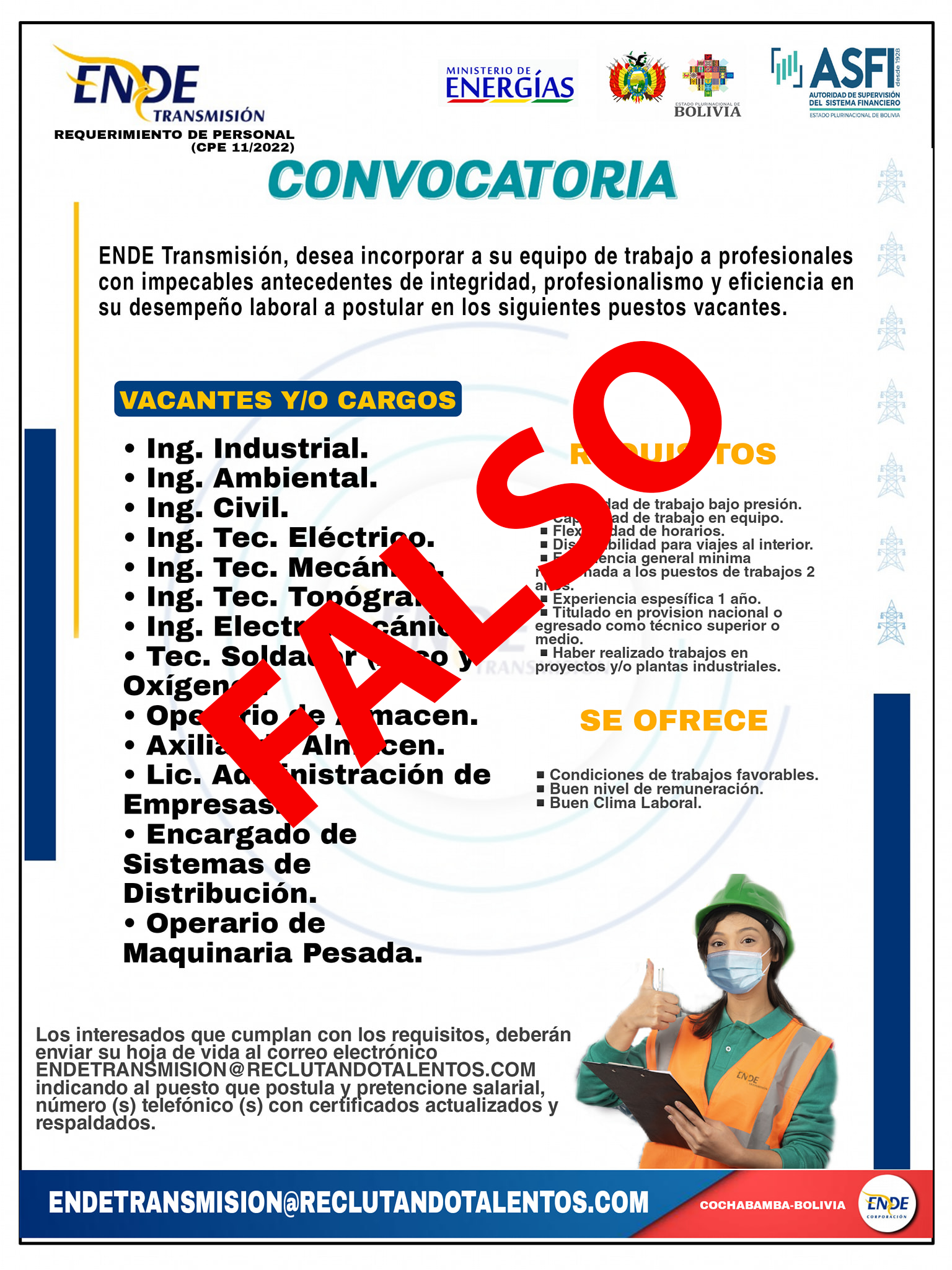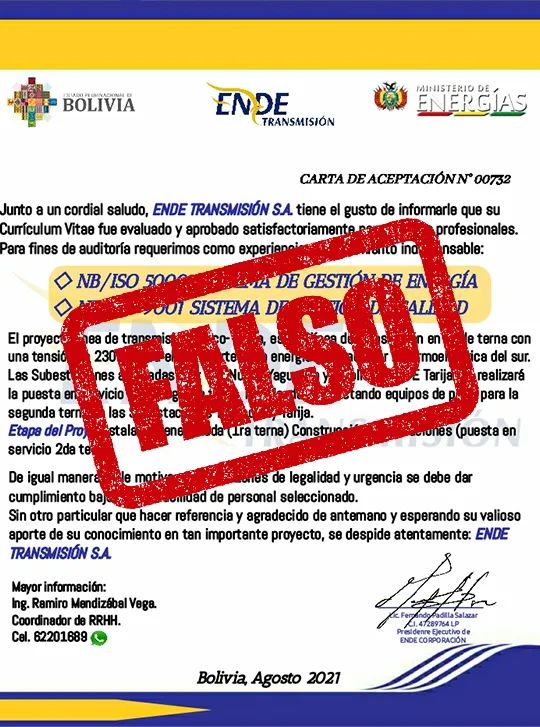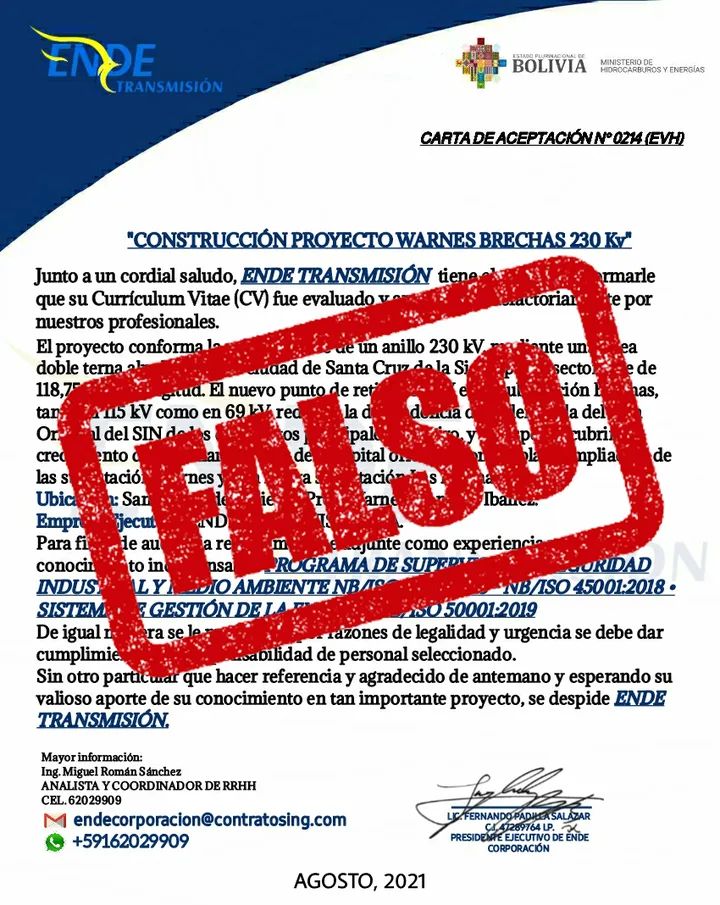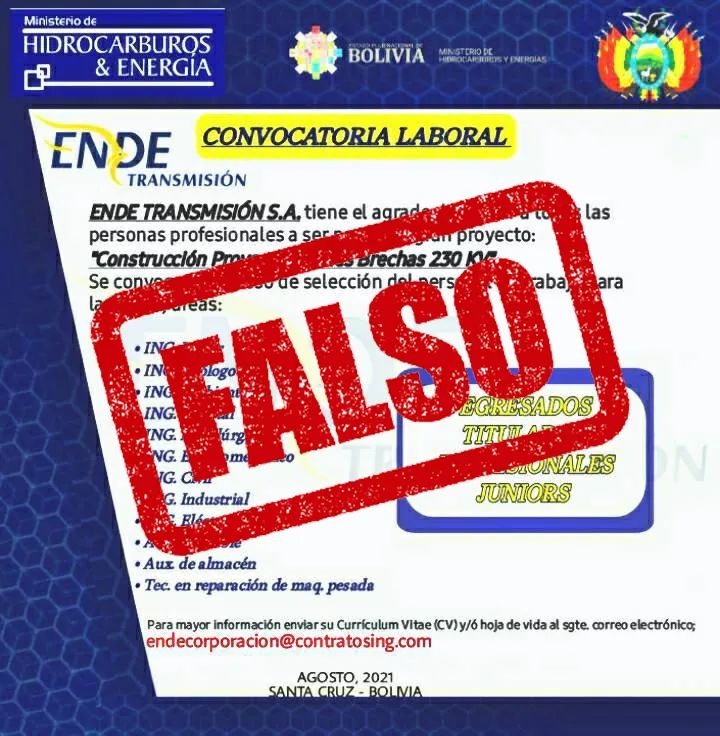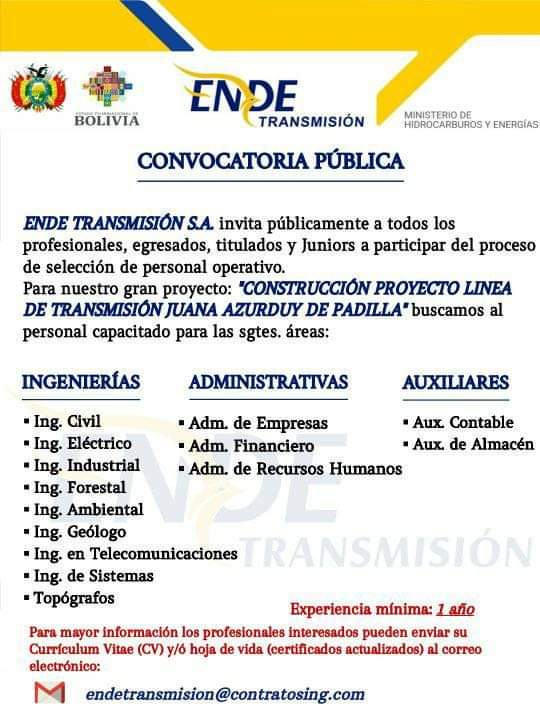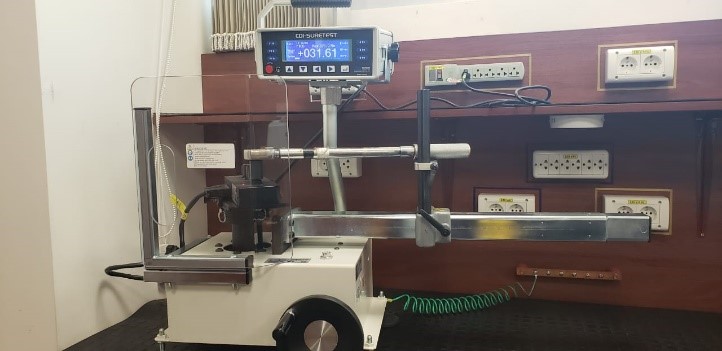
ENDE TRANSMISIÓN’S MEASUREMENT LABORATORY There are several definitions that can explain what metrology is, and although it has several branches, the best-known definition defines metrology as: “The science in charge of measurement”. Undoubtedly, measurement is a constant activity in each and every human being, practically every day measurements are made in the different facets of […]
ENDE TRANSMISIÓN’S MEASUREMENT LABORATORY
There are several definitions that can explain what metrology is, and although it has several branches, the best-known definition defines metrology as: “The science in charge of measurement”. Undoubtedly, measurement is a constant activity in each and every human being, practically every day measurements are made in the different facets of life and nobody is aware of it, in such a way that the personnel who work in the laboratories Metrology is not happy with the very basic definition that has spread through the internet.
In an attempt to try to better clarify the definition, we can say that metrology “is the science that has as its object the study of measurable properties, measurement scales, systems of units, measurement methods and techniques. Likewise, this science is in charge of evaluating the quality of measurements and their constant improvement, facilitating scientific progress, technological development, social welfare and quality of life ”.
Based on this, we can say that metrology includes all aspects, both theoretical and practical, that are related to measurements, which is very important for humanity and for the development and progress that has been achieved throughout more than 100 years of industrialization and more than 25 years of the digital age. Undoubtedly, metrology is a very important discipline that deals with different uncertainties related to measurement in any field, regardless of whether it is the scientific or technological field.
Metrology and the metrology laboratory are basically in charge of three main areas of measurement:
- The definition of internationally accepted units of measure.
- The realization of the units of measurement by scientific methods.
- Establishment of traceability chains, which is possible through the determination and documentation of the value and accuracy of a measurement.
The work carried out in the laboratory is divided into three large branches, which serve to better classify the units of measurement and for the specialization of professionals in each of these large categories.
- Scientific Metrology: Which is responsible for the organization and development of measurement standards, as well as their maintenance.
- Industrial Metrology: This category of metrology ensures the correct operation of the measurement instruments that are implemented in the industrial sector, as well as in the production and verification processes.
- Legal Metrology: This category of metrology is responsible for measurements that mainly influence the transparency of business transactions, the health and safety of citizens.
Measurements play an important role in people’s daily lives, they are found in any of their activities, from estimating a distance with the naked eye, to a control process or basic research.
In ENDE Transmisión’s metrology laboratory we have class A standard equipment, to be able to perform the calibration of a wide variety of measurement instruments, such as digital multimeters, amperometric clamps, insulation meters, thermographic cameras and torque meters.
For the calibration of digital multimeters and amperometric clamps we have two FLUKE brand standard equipment (5522A and 5080), for the insulation meters one FLUKE 5080 standard equipment.
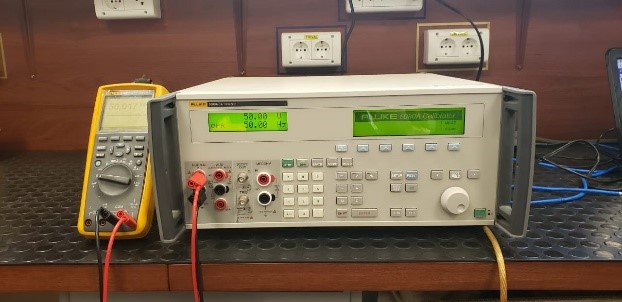
For thermographic cameras we have a standard FLUKE 4180 equipment.
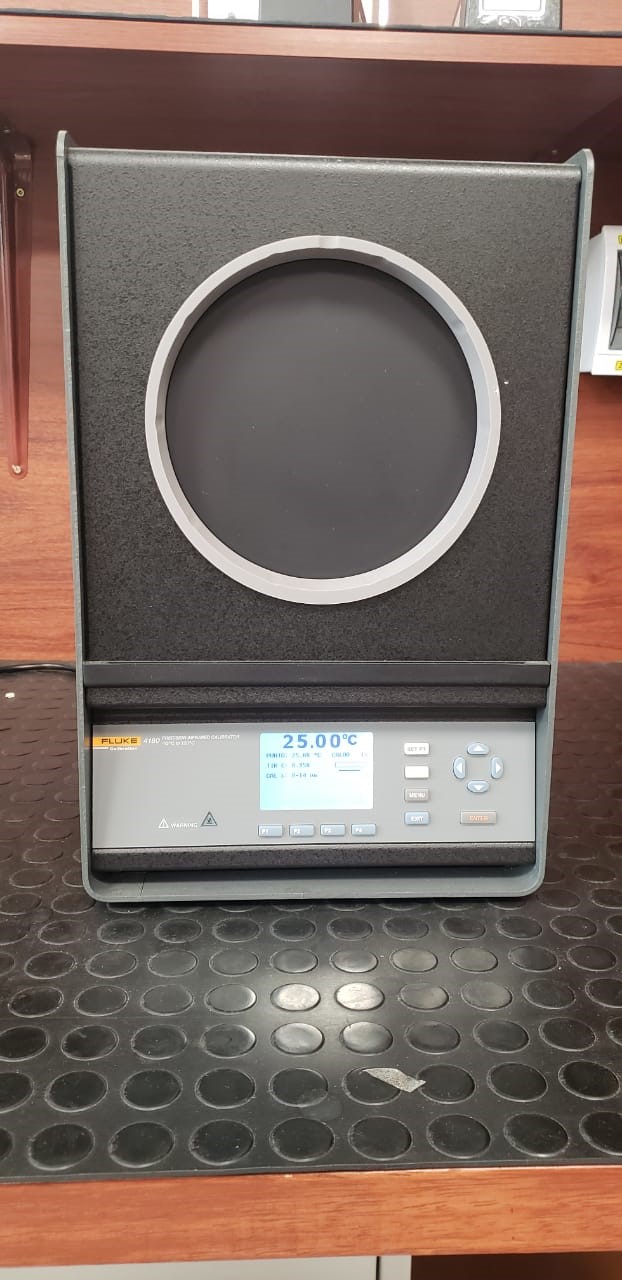
For the torque meters we have a standard CDI torque equipment.

Some years ago, thermographic cameras were sent abroad every five years for calibration, causing the equipment to be unavailable for long periods of time, a similar case occurred with torque meters, which were sent to the city of Santa Cruz for their respective calibration. Currently this does not happen, since ENDE Transmisión has the following instruments, which in their entirety can be calibrated and reviewed in the measurement laboratory:
| Type of instrument | Ammount |
|---|---|
| Digital multimeters | 77 |
| Amperometric clamps | 63 |
| Insulation meters/td> | 60 |
| Thermographic cameras | 12 |
| Torque meters | 87 |
| CT analyzer | 12 |
| switch analyzer | 15 |
| PT analyzer | 8 |
| Insulation analyzer | 15 |
The Fluke 5080 standard instrument allows us to perform measurements between 0 to 1020 VAC / VDC, 0 to 20 AAC / ADC, 0 to 100 kOhm, with the 4180 standard instrument we can perform measurements between 0 to 120 degrees centigrade, with the CDI torque we can perform measurements from 0 to 340 Nm.

